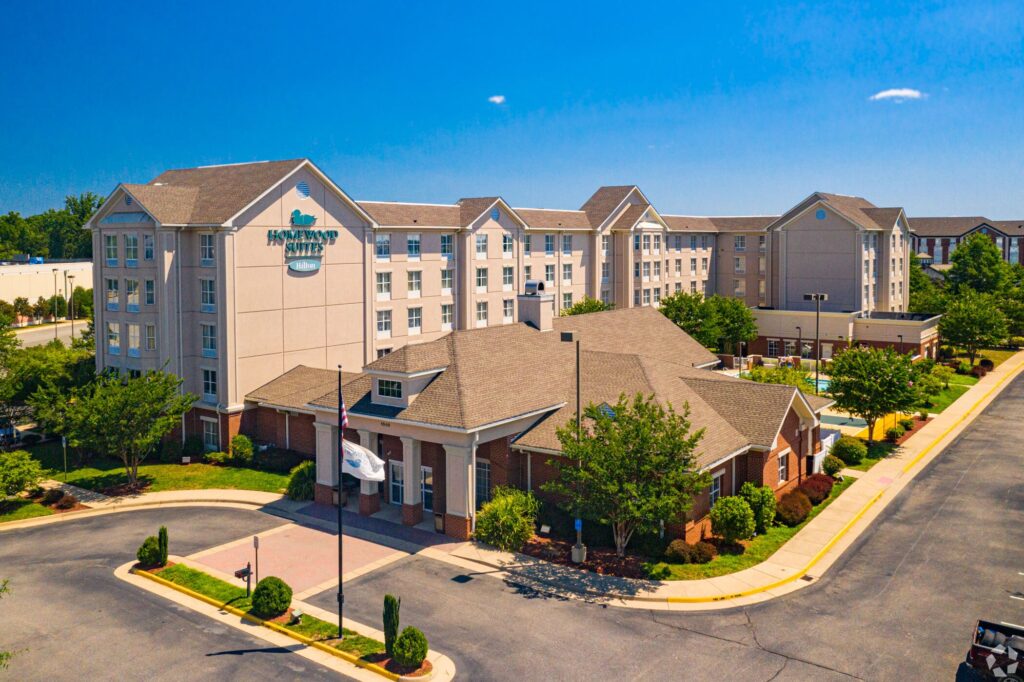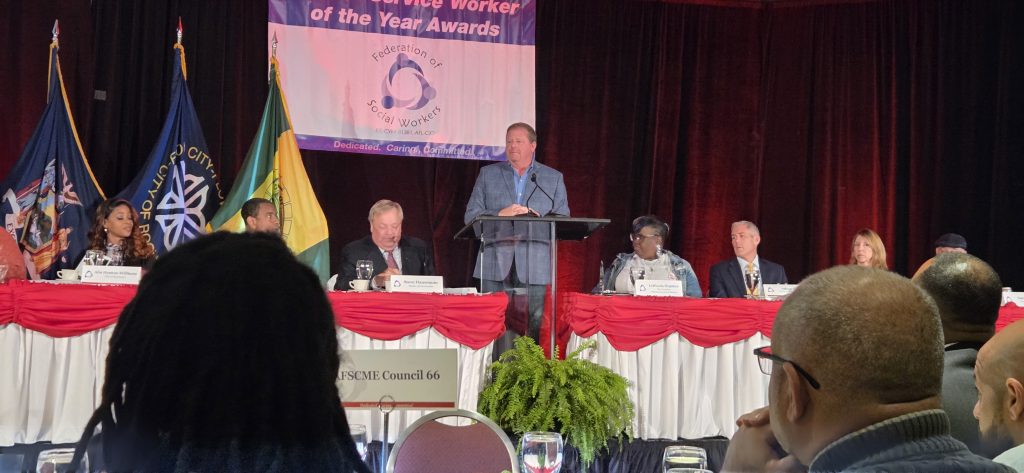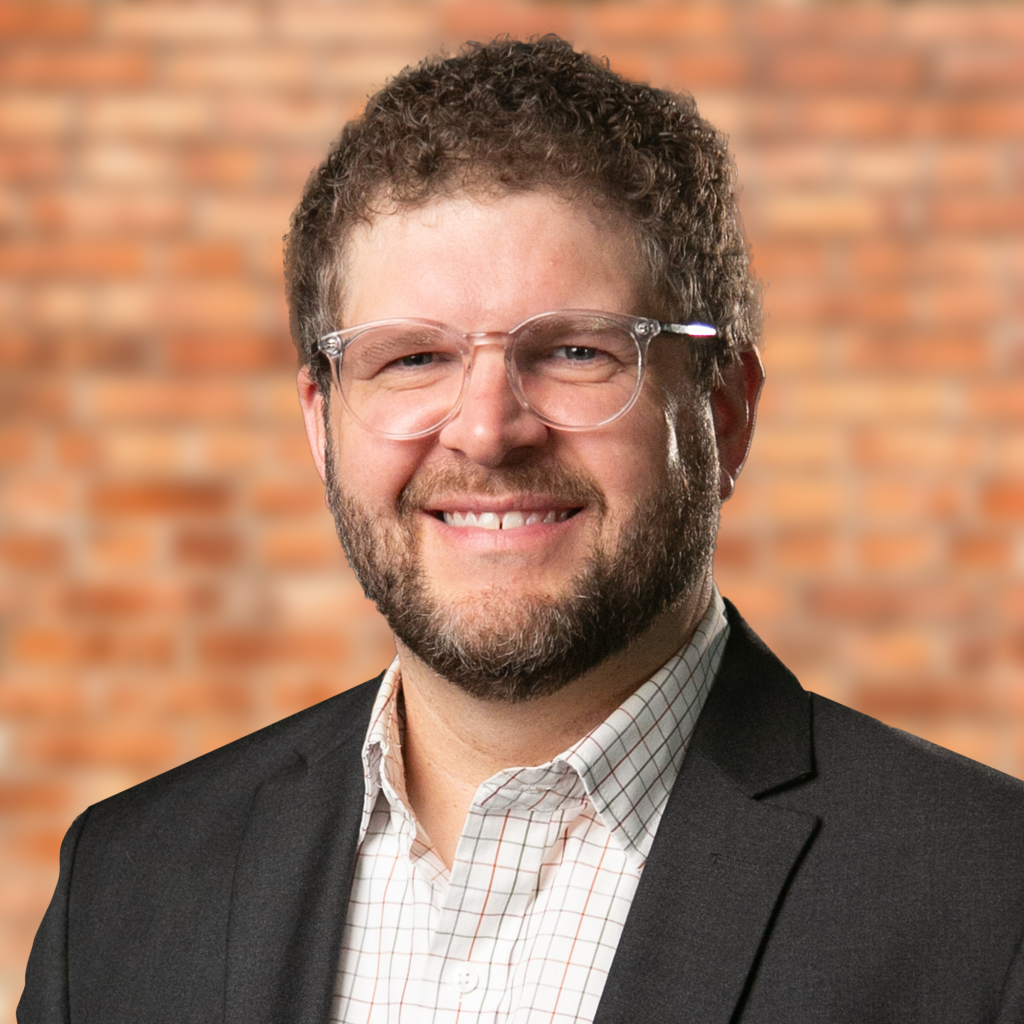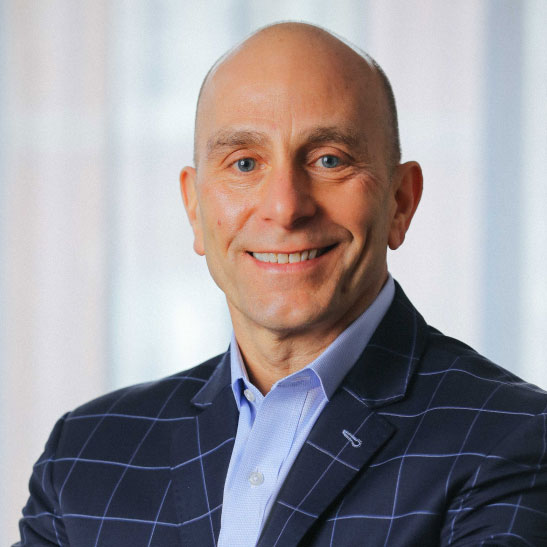Even in the best of conditions, setting up next year’s budget includes some amount of guesswork, relying on historical performance data and trying to predict the future.
Much like last year, budgeting for 2022 is proving a challenge for U.S. hoteliers.
“Budgeting is always kind of a crystal-ball question, and I think this year is particularly cloudy,” said Barbara Purvis, president and director at Essex Hotel Management.
Budgeting for 2022 means trying to figure out what the baseline is, because 2021 had a lot of leisure business along with higher rates, she said. But the questions remain whether leisure demand will remain as strong as this year and when corporate demand will return and how quickly.
“Those are just all the questions that we’re grappling with,” she said.
The 2022 budget will be a product of looking at 2019 actuals, the 2020 budget and a review of 2021, Purvis said. All those elements will be part of what’s going forward, and next year should be more stabilized.
Hotel Equities is in the final stages of budget review at the corporate level, said Al Smith, president of hotel operations, via email. The next step is to deliver the budget to its ownership groups before the end of the year.
Executives are optimistic that corporate demand, group and international travel will gain traction throughout the year, he said. Labor shortages and the associated rising costs to recruit and retain employees will continue to be major factors.
One of the lasting effects the pandemic will have on budgets is having to manage margin erosion through rising payroll costs, Smith said. Budgets for 2022 will also have to temper owner and investor expectations on reduced gross operating profits and earnings before interest, taxes, depreciation and amortization.
Tracy Kundey, managing director of hospitality at hotel asset management company Everwood Hospitality Partners, said via email his company is finishing its business strategy plans and moving forward with drafts of top-line revenue. The company’s goal is to finish budgeting by Nov. 30.
During the pandemic, the lack of clarity resulted in a “budgeting by the month” process, he said. Now Everwood Hospitality Partners has moved back to taking a “normal” process approach using day-to-day numbers. It has been normalizing 2021 numbers against 2019’s budget to project the 2022 budget.
“Using 2019 as a base to compare with 2021, we hope to have a better idea of peaks and whether there is consistency we can see,” Kundey said. “Once we feel confident about the peak days, we can see what the rest looks like and target sales.”
In a different approach to preparing the next year’s budget, the company is relying on historical data for 50% of its work while the remainder comes from forecasts from several sources, Kundey said. It’s also using brand partner systems.
The uncertainties of 2022 and ongoing pandemic have caused Everwood Hospitality Partners “to take a much bigger reach in trying to understand and predict,” he said.
Spending Priorities
Everwood plans to add more to its sales and marketing budgets as additional insurance for 2022, Kundey said. To match the allowance given to online travel agencies, the company is also giving its sales team more flexibility when negotiating rates, such as 10% to 20% off published rates.
Spending on top line in the form of increasing sales staff or ad placement affects profitability while discounts and commissions additionally dilute profits, he said.
“Our primary spending focus is toward top-line revenue production with a side of associate wages and cost-of-goods increases,” he said.
Associate wages are increasing by as much as 25%, Kundey said, adding that this “is real and not a variant that you can change later.” The long-term pandemic effect on labor is a major point, not just on the cost increase but on availability.
“The labor issue still has another side that we have to solve for as well,” he said. “If we cannot keep associates working enough hours, they are going to leave to find a business where they can get their 40 hours per week. Efficiency has side effects, as well.”
Guest and employee acquisition and retention will be the focus of Hotel Equities’ spending in 2022, Smith said.
“With owners and operators keeping a close watch on cash flow, marketing budgets, creating awareness and more importantly, having the funds to drive programming through partnerships and activations has been tricky,” he said.
One of the areas Essex is looking at is upcoming capital-improvement plans, Purvis said. Over the last 18 months, capital as an investment has been on an as-needed basis. A few hotels will be going through major property-improvement plans, but the company is revisiting the capital needs over the middle and longer term for others.
“We’ve worked to maintain them, but we haven’t been able to invest in them as much as we would like, and not particularly with all the high level of leisure traffic over the past month, which is a little harder on hotels than corporate travel,” she said.
Potential Savings
Food and beverage will require revamping menus to minimize waste and putting as many “just in time” products in place as possible, Kundey said. That will be paired with reducing the skill level necessary to deliver a quality product.
Unfortunately, the company hasn’t seen savings materialize where executives hoped it would, he said. Not spending on labor to clean daily has resulted in having to spend more on labor and, in some cases, deeper cleaning of rooms between guest stays. Limited breakfasts have resulted in more costly individually packaged items.
“To budget 2022, we are normalizing some of these things in anticipation of more cleans and already seeing the return of breakfast in most brands,” he said.
Hotel Equities is shifting from its “saving our way to prosperity” approach to driving top line through strategic sales and marketing efforts, Smith said. The company has assumed appropriate returns on investment to justify the expense.
Essex is looking at real estate taxes, but so far local taxing authorities haven’t been receptive as their coffers also took a hit during the pandemic, Purvis said. It’s also looking at insurance costs and other traditional areas of potential savings, such as buying programs and other vendor contracts.
There aren’t many areas for significant cost savings to pursue as the company and its hotels have been operating “pretty thinly” over the last 19 months, she said. The company has been bringing employees back at higher wages, so it’s going to be difficult to find savings in labor.
“I think what we want to try to do is look at some of those best practices and the operating model that is something that’s sustainable without causing the team to fall over in exhaustion,” she said. “’Oh, I see you did it with only three people, and why can’t we do three people all the time?’ Well, that doesn’t really work.”
Link to Article – https://www.costar.com/article/2136911985/hoteliers-prepare-2022-budgets-without-clear-revenue-baseline










